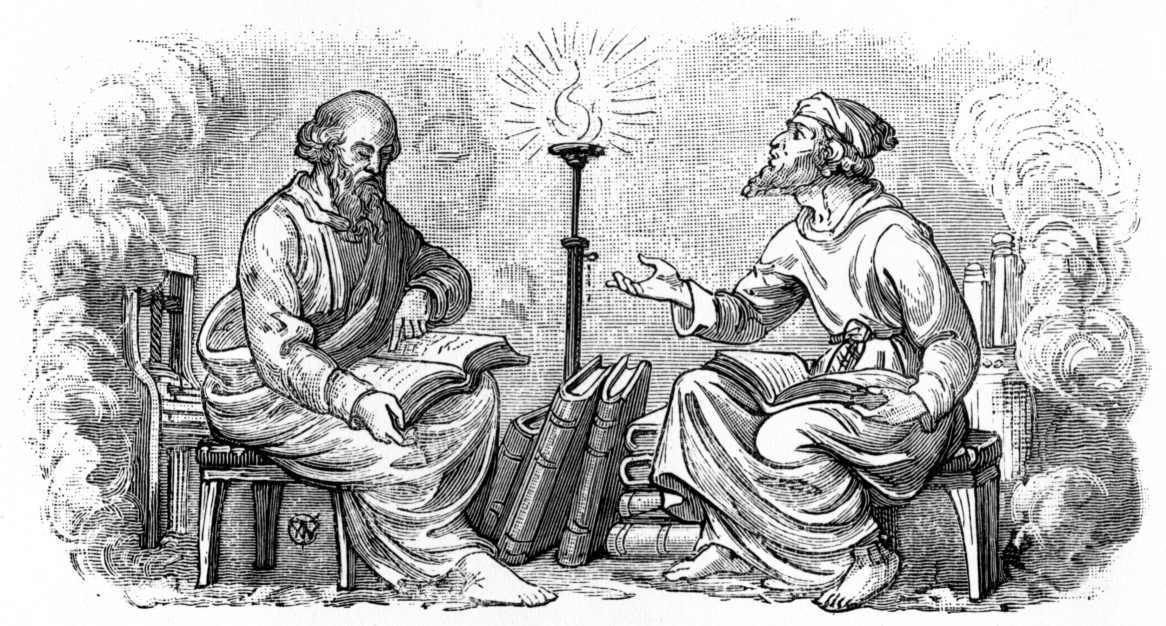 |
| Skunks rayé ou mouffette. Photo by Tomfriedel [CC BY 3.0] via Wikimedia. |
 Under The Jaguar Sun by Italo Calvino
Under The Jaguar Sun by Italo CalvinoMy rating: 4 of 5 stars
My experience of Calvino is quite limited, but after reading his Why Read the Classics, learning more about Calvino's influence from Harold Bloom, and more recently purchasing The Cambridge Companion to the Italian Novel, I have decided to immerse myself in Calvino's work.
In Under the Jaguar Sun, Calvino begins what was planned to be a novel on the five senses. Unfortunately, Calvino died before he was able to complete sight and touch, but the three short stories on taste, sound, and smell survive and work as stand alone pieces, or pieces on a theme.
The first story (the title piece) covers taste and tells the story of a couple of gastro-tourists discovering the link between taste and ancient Central American human sacrifice and cannibalism.
The second piece, "A King Listens", had me shivering with imagery so vivid as to be on the edge of surreal.
The third piece, "The Name, the Nose", was my favourite, although I can barely work out what was meant to have happened. This is, so far, the most gritty of Calvino's work I have read.
It reminded me of Bukowski crossed with Thomas Mann. The language seems suited to the 1980s (when it was written), but after mostly reviews of classic works and Marcovaldo, I wasn't ready for Calvino to be so grunge.
Cynthia Ozock's review in the New York Times of 23 October 1988 suggests "The Name, the Nose" was not a success.
But I found it interesting in the way it echoes Arthur Schnitzler's Dream Story. Or rather, having previously thought of Calvino as a late-nineteenth early-twentieth century writer, "The Name, the Nose" is more like Stanley Kubrick's Eyes Wide Shut, where you get the sense that the characters and setting are of another time, but not as in the "on steroids" Baz Luhrmann version of Romeo and Juliet.
I am often amazed at how good short stories can fire up the imagination in such a way that the work takes some time to digest. "The Name, the Nose" has left its residue, and while it may not be regarded as one of Calvino's best, I am pleased to discover that his range is not as limited as I first thought.
View all my reviews
 Donate
Donate








